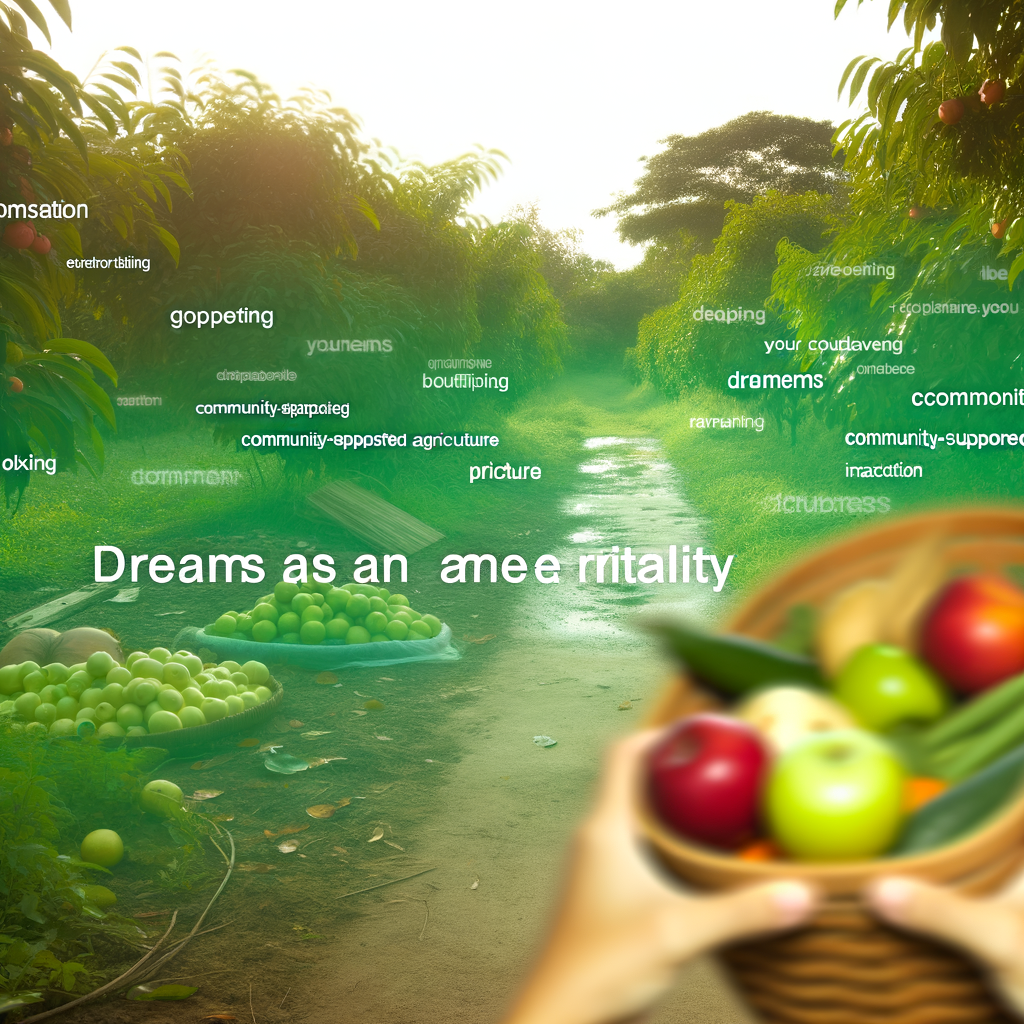As the farm-to-table movement continues to gain momentum, more and more people are becoming interested in knowing where their food comes from and how it is produced. One way to support local farmers and get delicious, fresh produce is through Community-Supported Agriculture (CSA). In this article, we will explore the concept of CSA and how it benefits both farmers and consumers in Europe.
CSA is a system in which individuals purchase shares or memberships from local farms. In return, they receive a portion of the farm’s harvest each week throughout the growing season. This direct relationship between farmers and consumers eliminates the need for middlemen and allows farmers to receive fair prices for their products. It also ensures that consumers are getting the freshest, high-quality produce straight from the source.
One of the main benefits of CSA is the sense of community it fosters. By supporting local farmers, consumers are also investing in their local economy and building relationships with those who grow their food. Many CSA programs also offer opportunities for members to visit the farm, participate in harvest events, and learn about sustainable farming practices.
In addition to supporting local agriculture, CSA also promotes environmentally-friendly practices. By reducing the distance food travels from farm to table, CSA decreases carbon emissions and helps combat climate change. It also encourages farmers to use sustainable methods of farming, such as organic and regenerative farming, which are better for the environment and promote biodiversity.
As the demand for locally-grown, sustainable food increases, CSA is becoming a popular option for European consumers. By participating in a CSA program, individuals can support their local community, enjoy fresh and healthy produce, and contribute to a more sustainable food system. So why not join a CSA today and experience the benefits of farm-to-table firsthand!





